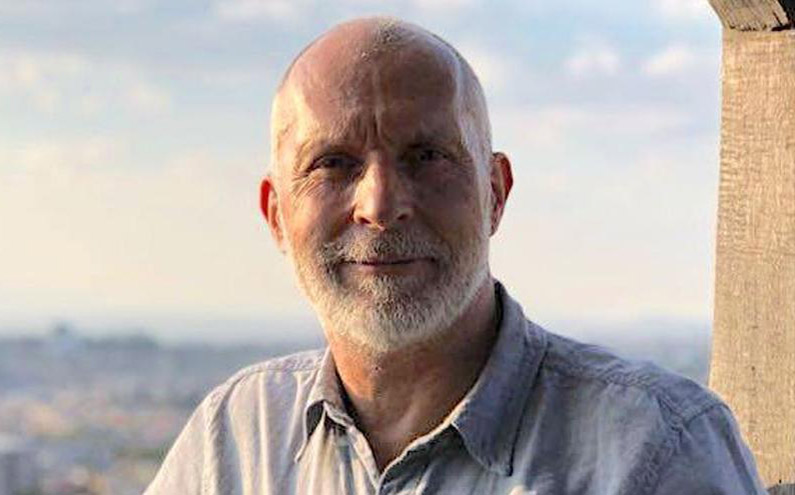Simon Ticehurst is Advocacy and Movements Lead at Wellbeing Economy Alliance (WEAll). Before joining WEAll, Simon was Oxfam International’s Regional Director for Latin America and the Caribbean (2015-2022). He worked with Oxfam in El Salvador, Nicaragua, Mexico, Bolivia, Brazil and Colombia for 29 years leading campaigns, programmes and humanitarian responses.
Simon studied Development Studies at East Anglia University in the UK, and has a Masters and PhD in Latin American Studies at the National Autonomous University of Mexico (UNAM). His doctoral research looked at regional development perspectives and limitations in the context of globalisation, focusing on Brazil‘s experience. A Latin American specialist, Simon has lived in Latin America since 1986 and is based in Mexico.
What do you think are the current challenges in the cooperation sector?
Some challenges lie in how to influence a post-colonial narrative and practices in the North, based on the knowledge, experiences and alliances with organizations in the global South and so break with the «aid» myth. Without a change in the world economic system and in how it is governed, international aid through development projects, supported by international NGOs, only addresses some symptoms of a broken system; they help organizations to survive and stay afloat, they are palliatives that do not attack the causes. It may help to have an interpretation based on political economy, on decoloniality, on the recognition of unequal relations, accepting that the actors of a transition/change are the local actors, their agendas and perspectives (not those of the international NGOs).
How do you consider they should be faced?
Instead of competing with each other (with other international NGOs) for a few crumbs, then sharing the crumbs (with some Southern organizations), we should promote collective and collaborative advocacy efforts that further the perspectives of the global South. With these perspectives, is not «aid» or «cooperation» but political solidarity.



